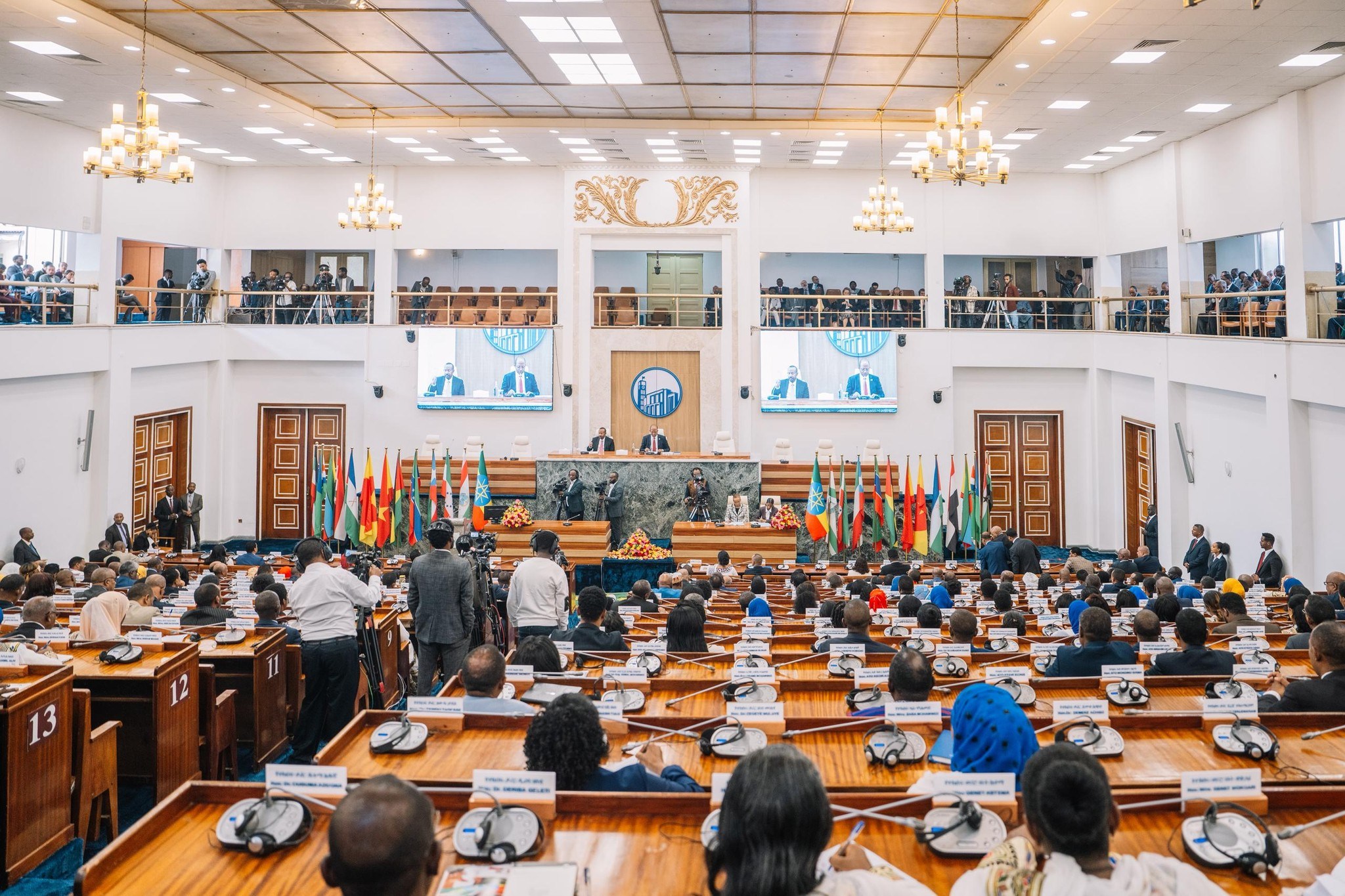Financial Sector Saw Major Reforms, Strong Growth This Year - ENA English
Financial Sector Saw Major Reforms, Strong Growth This Year

Addis Ababa, July 3, 2025 (ENA) -- Prime Minister Abiy Ahmed stated that Ethiopia’s financial sector has undergone meaningful reform and recorded strong, healthy growth this year.
The Prime Minister addressed questions posed by members of the House of People’s Representatives.
His briefings concentrated on various topics, including economic performance, social initiatives, and development projects, as well as other significant national matters.
In his address regarding the existing situation of the financial sector, Abiy noted that mobile money users have reached 55 million, with digital transactions expanding rapidly.
Virtual transactions now total 12.5 trillion birr—far exceeding traditional cash transactions—highlighting the accelerating shift toward a digital economy.
Additionally, 24.5 billion birr has been disbursed through virtual loans, reflecting the increasing accessibility and efficiency of financial services.
The combined progress in agriculture, industry, mining, services, and the financial sector strongly supports the projected 8.4 percent economic growth for the year—an encouraging sign of Ethiopia’s economic momentum.
Regarding the success of the export reform, he said Ethiopia achieved over 8.1 billion USD in export revenue this year—surpassing the 5.1 billion USD target by 3 billion USD and more than doubling last year’s performance.
This remarkable growth is a direct result of ongoing export reform efforts.
In addition, the country received 7 billion USD in remittances, 4 billion USD in foreign direct investment (FDI), and 8.3 billion USD from services.
Altogether, Ethiopia generated 24 billion USD from foreign exchange sources excluding loans and grants, with total foreign exchange earnings reaching 32 billion USD.
These outcomes clearly reflect the positive impact of macroeconomic reforms and the growing resilience of Ethiopia’s economy.
On debt review, Prime Minister Abiy said Ethiopia has repaid 92 billion Birr in debt this year alone.
Over the past seven years, no new commercial loans have been taken—demonstrating a strong commitment to responsible borrowing and sustainable fiscal policy, a trend that will continue.
He announced a major milestone reached with the signing of the final debt restructuring agreement yesterday in France by the Ministry of Finance.
Through this agreement, 3.5 billion USD in loans—borrowed by previous governments—has been canceled, significantly reducing Ethiopia’s debt burden. This marks a critical step toward restoring macroeconomic stability and strengthening long-term financial resilience, the premier added.
The premier also highlighted the measures being taken to alleviate inflation in the country. According to him, government's decision to conclude the year without borrowing from the National Bank has played a significant role in curbing inflation.
A combination of fiscal and monetary policy reforms, improved foreign exchange management, targeted subsidies for low-income citizens, and strengthened links between production and markets has produced meaningful results.
The most sustainable solution to reducing the cost of living and inflation is increasing productivity. To cushion vulnerable populations, 350 billion birr has been allocated in subsidies, ensuring that inflation does not place undue pressure on low-income citizens, he added.